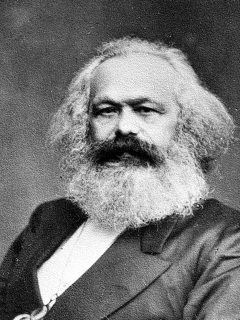
Publication details
Publisher: Palgrave Macmillan
Place: Basingstoke
Year: 2018
Pages: 457-482
ISBN (Hardback): 9781137516497
Full citation:
, "Lenin and imperialism", in: The Palgrave handbook of Leninist political philosophy, Basingstoke, Palgrave Macmillan, 2018


Lenin and imperialism
pp. 457-482
in: Tom Rockmore, Norman Levine (eds), The Palgrave handbook of Leninist political philosophy, Basingstoke, Palgrave Macmillan, 2018Abstract
Imperialism, understood as a specific phase of capitalist development, was already widely discussed by Marxists in the Second International (1889–1914). Lenin, focused on revolutionizing Russia, was absent from these debates. He wrote Imperialism, the Highest Stage of Capitalism in 1916 in response to the implosion of the International after the outbreak of the First World War. Intended as a popular pamphlet, Imperialism is nevertheless based on intensive study primarily of the work of non-Marxist scholars and publicists. Lenin's main target is Karl Kautsky's theory of ultra-imperialism, which predicts the emergence of a transnational and pacific capitalism (a theme of contemporary debates about globalization). In insisting that geopolitical rivalries are not a mere policy option but are an inherent feature of capitalism in its most advanced form, Lenin makes one of his main innovations, the idea of uneven development, and identifies colonial revolt as a driving force of international socialist revolution.
Cited authors
Publication details
Publisher: Palgrave Macmillan
Place: Basingstoke
Year: 2018
Pages: 457-482
ISBN (Hardback): 9781137516497
Full citation:
, "Lenin and imperialism", in: The Palgrave handbook of Leninist political philosophy, Basingstoke, Palgrave Macmillan, 2018



